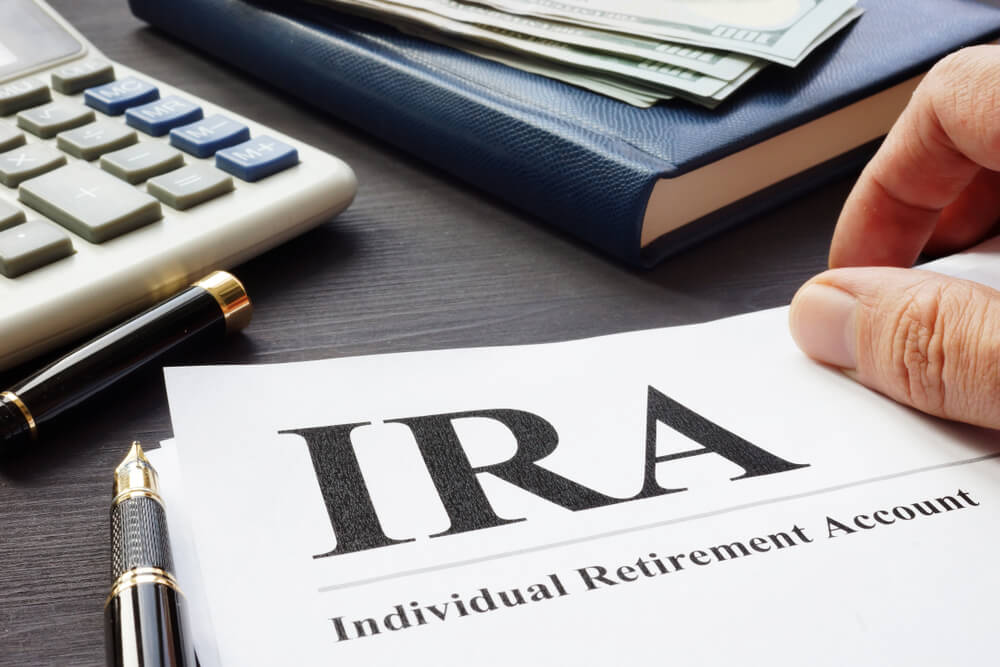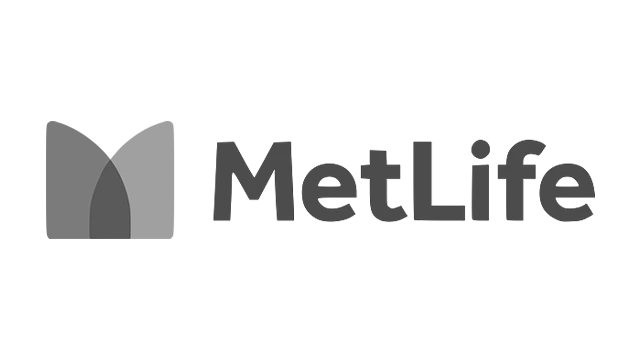Should you invest in an IRA?
A quick and easy guide to understanding Individual Retirement Accounts.

When it comes to saving for your retirement there are many options on the table. One of the most frequently mentioned is the IRA, or Individual Retirement Account. But what exactly is an IRA, and how does it work? Keep reading the learn all the details.
What is an IRA?
To put it simply, an IRA is an investment account that offers tax advantages and helps you save for your retirement. They are one of the most popular and frequently used methods for retirement saving, and one of them might just be perfect for you.
The reason IRAs are popular is because the contributions you make to it are usually tax deductible which means you will save on your taxes at year end, as well as put away more for your retirement. On top of that, depending on the circumstances your withdrawals from the IRA later on might be tax-free as well which means more money in your pocket.
The money you contribute to your IRA will grow over time. How fast is grows will depend on the choices you make to allocate your investment. You have the option of investing your IRA in stocks, bonds and other assests and have the ability to change the investments later on if you feel the need. You can check the status of your investment and see earnings reports and other figures to help you make decisions on how to allocate your investment.
One of the main reasons people choose an IRA instead of (or in addition to) a 401(k) is that an IRA offers more flexibility in the type of investments it has available and potentially greater returns.
Which IRA is right for me?
Starting an IRA is as easy as visiting your bank or broker or financial advisor. Once your IRA is setup you can start contributing funds to it and select how those funds will be invested.
However there are currently 4 popular types of IRAs so lets take a minute to explain each type so that you can decide which is best for you.
Traditional IRA
The traditional IRA offers tax-deductible contributions (up to a set limit) which helps you save on taxes at the end of each year. Although this tax-deductible contribution amount is dependent on other circumstances. For instance if you or your spouse already has a retirement plan from your employer, the amount you can deduct might be reduced or even voided if your income increases over the limit (see IRS guidelines for more details). Dont worry, you can still make contributions to your IRA they just wont be tax deductible.
For 2021 and 2022 the contribution limit is $6,000 annually for age 49 and under, and $7,000 annually for 50+.
When its time to make withdrawals from your traditional IRA, they will be taxable just like any other form of income.
Roth IRA
The Roth IRA is somewhat the opposite of the traditional in that your contributions are not tax-deductible but the withdrawals later on are tax-free. In addition, there is no tax placed on the gains from your investments. This makes the Roth IRA the preferred choice for investors who have a long way to go before retirement based on the assumption that the tax you pay now on your contributions will be lower than what you would end up paying later on your withdrawals.
Much like the traditional IRA, the limits are the same for single filers with annual contribution of $6,000 ($7,000 aged 50+) as long as your adjusted gross income is below $140,000. If married, that limit rises to $208,000.
Simple IRA
The acronym Simple stands for Savings Incentive Match Plan for Employees, and the Simple IRA is designe dfor small businesses with 100 employees or less.
With a Simple IRA, the employer must also contribute to the IRA. Just like a traditional IRA the contributions are tax deductible and later on the withdrawals are taxed as income. The big difference is the amount that you can contribute which for 2022 is $14,000 annually for 49 and under and $17,000 for 50 and over.
Should I have an IRA or a 401(k)?
Why not both? Yes thats right you can have both an IRA and a 401(k).
Generally a 401(k) includes an employer match up to a certain amount, and then you can invest in an IRA of your choice to increase your retirement savings further.
IRAs usually offer more flexibility in the choice of investments, whereas your choices with an employer sponsored 401(k) might be limited.
As each individuals specific situation will be different based upon what is offered by their employer, it is up to you to evaluate your options and choose what is best for you.
Sponsored Content










